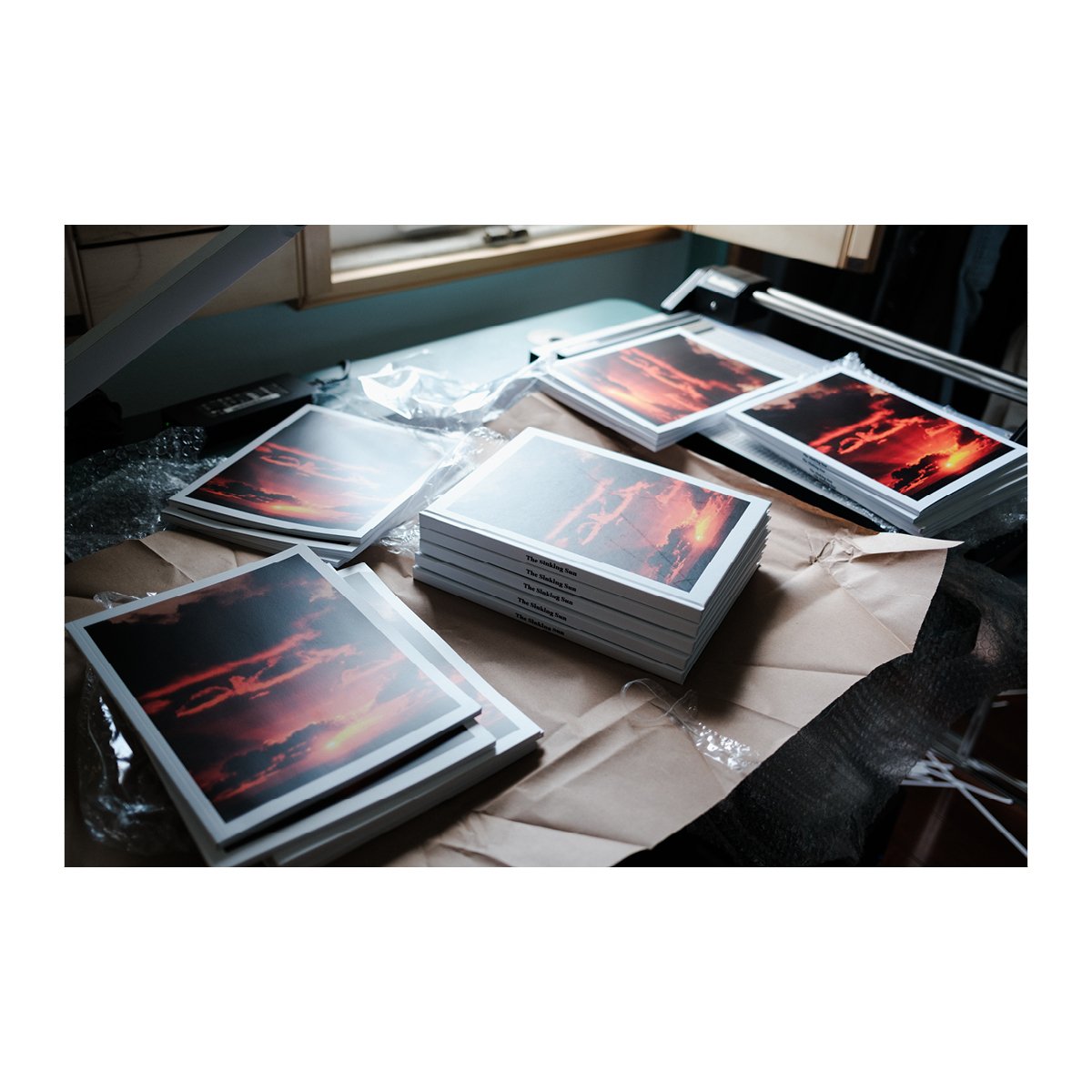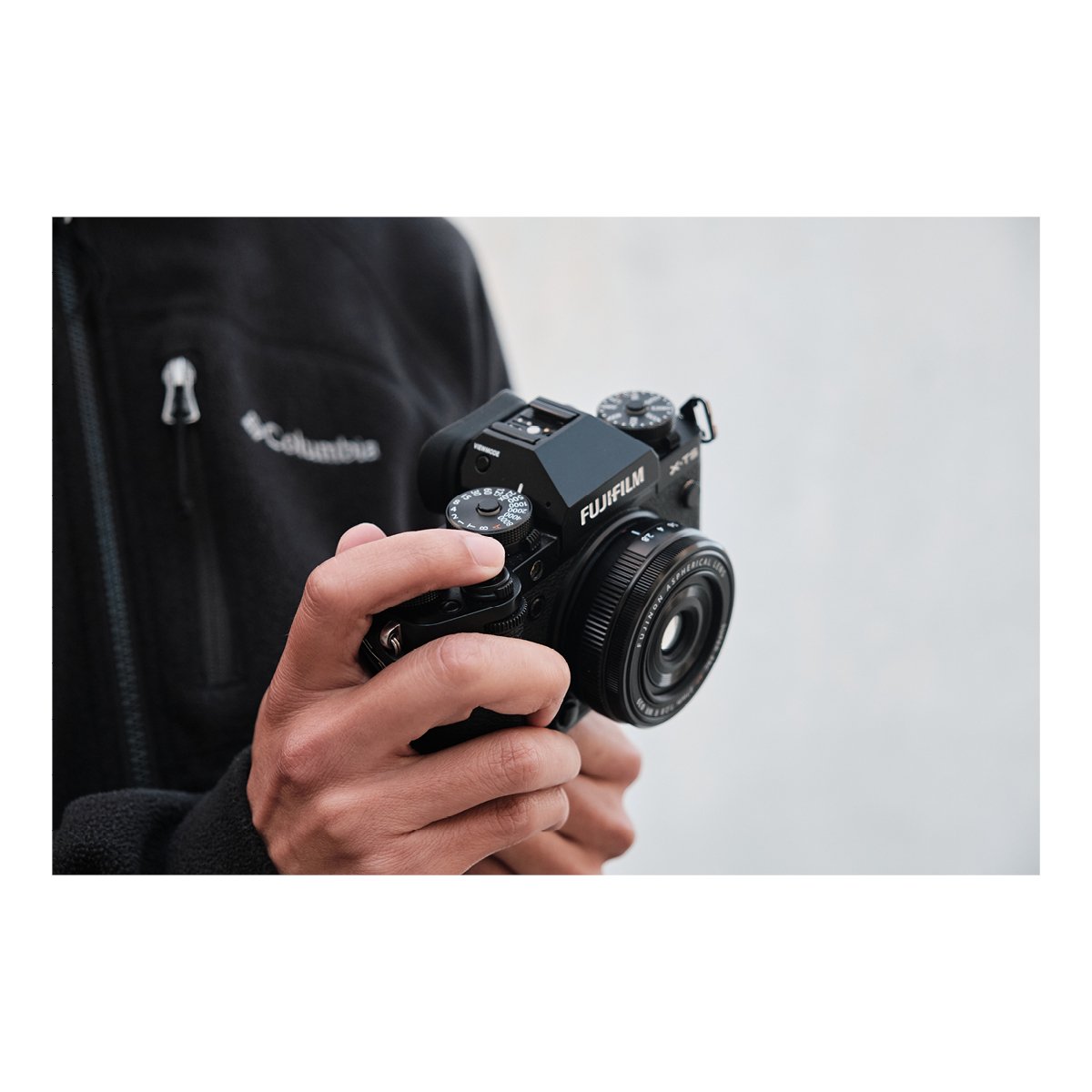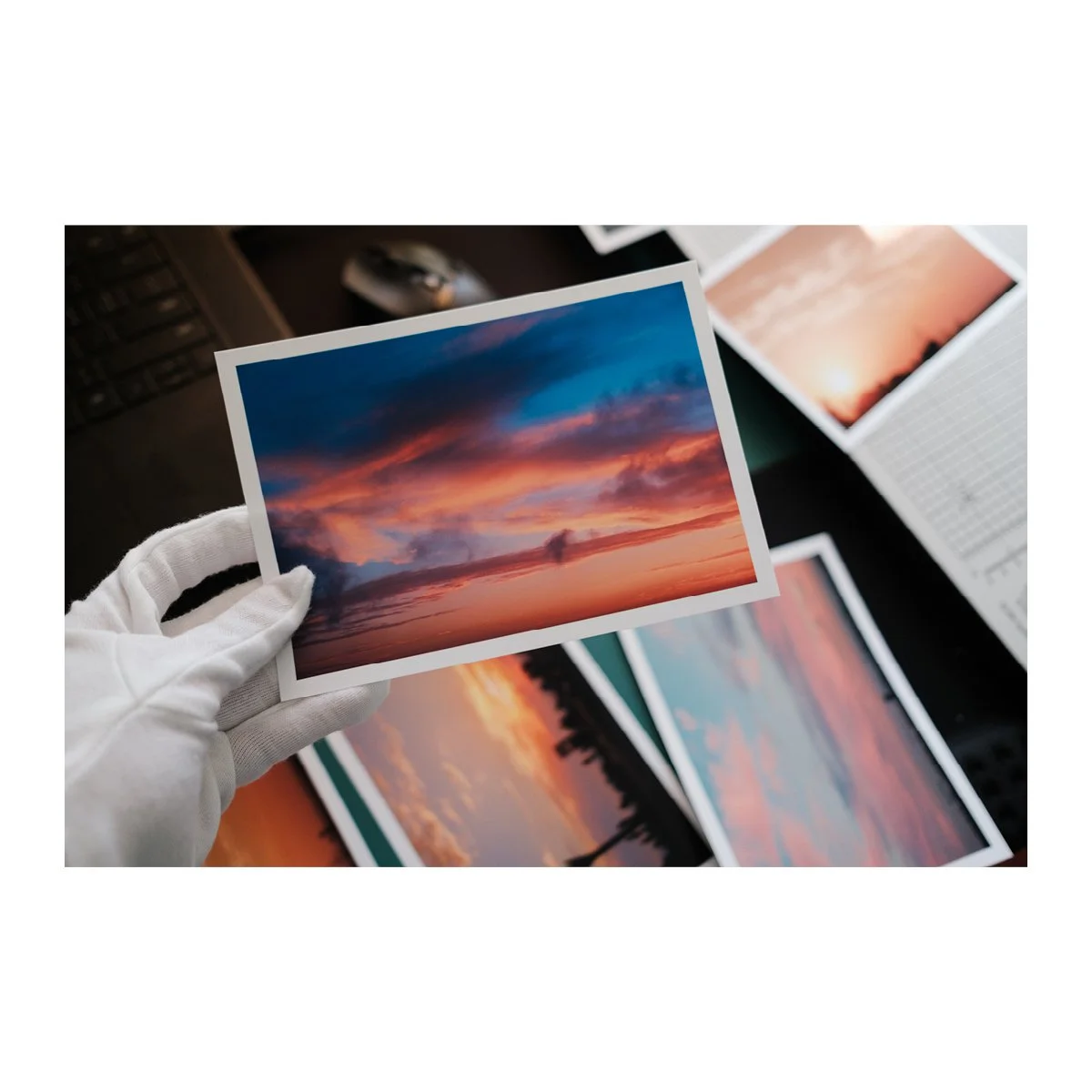Master This Mindset and Master Photography
If you can master this you can master photography.
And it’s not what you think.
It’s how you think.
Meaning, there’s no fancy camera or fancy technique that will make you a master.
It’s how you approach the craft that will change everything.
Because although many don’t see it that way, mindset is one of the most important assets when it comes to any discipline like art, sports, and just life.
You see there’s a great story of Pablo Picasso that I love.
I’m going to butcher the details, but please bear with me.
He’s in a cafe one day and a lady recognizes him, walks up to him and asks if he can draw her something and she’d pay him what it’s worth.
He scribbles up something on a napkin and says, “That’ll be $10,000.” (or some absurd amount of money)
She replies, “$10,000?! But that only took you 10 minutes!”
He responds, “Wrong. This took me 40 years.”
Then he crumples the drawing up, puts it in his pocket and walks out.
Now whether that story is true or not, I have no idea.
It seems to get tossed around a bunch, the details are mixed up, but I think you get the point.
One of the lessons for artists here is to value your work.
Know what your work is worth and charge accordingly.
But the other lesson in this story is about effort and dedication.
Under every successful artist is a mountain of hard work that we, outside looking in, have no idea exists.
And although the drawing itself took him only 10 minutes, the skill to draw at that level took decades.
So the first thing to understand is that mastery takes a long long time.
And it’s nearly impossible to commit yourself to something for decades without the proper mindset.
Today we’re going to dive into this mindset of mastery.
And it’s not complicated.
It’s quite simple, it’s just hard to do.
Lets get started.
The Fixed Mindset
If we wish to understand how to think, we must first understand how not to think.
This is because many photographers have the wrong mindset and approach when it comes to photography.
They want to get good quick, they think other photographers are gatekeeping the secrets, they think if they had the same gear they could do the same thing.
And, maybe.
Maybe if you did have the fancy secrets and techniques you’d be a better photographer.
Maybe if you did have the best gear you’d be a better photographer.
Maybe if you had the right presets that gave you that professional look, you’re photos would be that much better.
Or maybe…you’re just not good enough.
That’s the harsh potential reality we have to consider.
And if it’s true, that’s okay.
Because we all start somewhere.
And you can’t get good without first being bad.
And accepting and understanding that you are whatever skill level you are and that’s okay, is the first step to improving.
You see, the default mindset that many people have when it comes to mastery is what’s called a “Fixed Mindset”.
A fixed mindset is the mindset of many beginners, people who get in their own way, and usually results in frustration with the craft and other people.
It’s often you’ll find people with this mindset raging in the comment sections, discounting other people’s successes and blaming the world for their “unrecognized genius”.
In short, a Fixed Mindset is:
the belief that your qualities and skill level is more or less fixed or permanent
the believe that talent overrides hard work and whatever work you put in won’t change that
the tendency to avoid challenges, refuse criticism or feedback, feel threatened by others, and an inability to be responsible for your own failures
All of which can lead to people saying things like:
“I’ll never be as good as that person.”
“I’ve tried that before and it didn’t work.”
“That person only made it because they had a head start, their parents were rich, they had unfair connections”, etc, etc.
There’s a common theme here, which is the belief that your growth and mastery are outside of your control.
And that for others there was some sort of cheat code or platform they could jump off of.
And here’s the important thing to understand.
You might be right.
Other photographers or artists may have had benefits and luxuries that you might not have had.
And other photographers may be more skilled, talented, or more of a “natural” than you.
All of that could be true.
But the point is - it’s not useful.
It’s not going to get us up out of our bed to do the work that needs to be done to get us where we want to go.
It’s not going to help us achieve mastery by believing that others simply have it and we do not.
The only thing it’ll result in is us wallowing in our own self-misery, blaming others, and never taking steps to improve our lives.
However, if we can shift the way we think into a more useful and positive mindset, we can frame both photography and life into such a way where we can get the things we want.
We can improve our “subpar” talent.
We can reach a level of mastery beyond what we believed was possible.
Lets talk about that.
The Growth Mindset
In contrast to the fixed mindset there is something called the growth mindset that is the key to getting out of our own way and taking steps to mastery.
You see while a fixed mindset believes that our skill level and talents are largely fixed, a growth mindset believes that those things can be worked on, changed, and elevated.
Qualities of a Growth Mindset include:
viewing challenges as opportunities
embracing constructive feedback
learning to compare oneself to oneself, not to others
process oriented, not results or goal oriented
views everything as a way to get better
So already you can see how this mindset is more useful than a fixed mindset.
Because the way you think affects what you do and the actions you take to achieve mastery over the long run.
Remember, it took artists like Picasso and Da Vinci their entire lives.
And mastery really is as simple as adopting the right mindset to play the right long term game to eventually get good.
You’ve all heard of Malcolm Gladwell’s 10,000 hours to mastery thing.
The idea that it takes 10,000 hours to become a master at your craft.
The thing is, many people think that’s the requirement to become a “master”.
It’s not - it’s a minimum.
And many of your favorite photographers have probably spent way longer working on their craft.
So you might ask, how can any one person work on something for that long?
It can’t simply be just passion, or love for the art, or whatever.
Because we’re all human, we all get bored, and even doing something I love like writing, or taking photos, it can become tedious.
The trick is the mindset.
Approaching mastery with a growth mindset allows you to see that you are not trying to achieve mastery.
Rather mastery is something that will occur over time, on its own, as long as you keep doing the thing.
And to keep doing the thing requires sustainability so you don’t burnout.
Sustainability comes from the right mindset:
Being able to embrace constructive criticism, view challenges as opportunities, and being process oriented instead of goal oriented.
So mastery is not something you pursue or try to get.
It’s simply a byproduct doing something for a long long time.
It’s something that one day people will look at your stuff and view you as a “master”.
But there’s no medal, no trophy, no announcement that signals “you are a master”.
And if you want to achieve mastery, I’d argue that trying to become a master is a surefire way to not become a master.
Why?
Because of the reasons we mentioned earlier.
It’ll have you focused on some elusive undefined goal rather than simply a sustainable process oriented approach.
Which can easily lead to frustration, burnout, and other drawbacks of the fixed mindset.
Mastery often comes from doing the boring basics for a long period of time, not a fancy skillset or camera.
And many experts who are able to play this long game either love the craft so much, are haunted by what they feel compelled to create, or simply have a healthy mindset towards the process.
And I’d recommend to not go the starving artist route - that just doesn’t sound like a fun life.
So if you get this then you’ll realize that “talent” is irrelevant in most cases.
Because it doesn’t matter how talented you are at the sport, craft, or game if you stop playing.
“The person who loves walking will walk further than the person who loves the destination.”
So all of this to say is that it’s simple, but its not easy.
Being able to commit yourself to something like photography for a long time is hard and most people wont do it.
Which that’s okay because most of us won’t have to and most of us don’t want to.
But if we’re talking about “mastery”, that’s what it takes.
It’s your choice if you want to take that path.
And you don’t have to full send it, we can adopt a strategy that works for us.
Lets talk about that.
Practical Frameworks to Adopt a Growth Mindset
Great, so now we know mastery requires a long time, effort, willingness, and the proper mindset to achieve.
That’s actually the bad news.
The good news is that you can adopt and apply a version of the Growth Mindset that suits your life.
And you don’t need to focus on becoming a master to become a master.
So how do we do this?
The Reframing Method
The first and most straightforward way is to review the section on the Growth Mindset and and apply those things to your life.
Learn how to view challenges as opportunities, embrace constructive feedback, learn to compare yourself to yourself and not to others, and become more process oriented.
Literally pay attention to yourself, what you do, how you react to things that happen, and try to little by little cognitively reframe your way of thinking into a more positive one.
If you find yourself getting frustrated with what you make or what you do, remind yourself that there’s a lesson in there.
Something you can learn from, different ways to take pictures, to get better ones the next time.
If you find yourself getting hurt from what other people think of what you posted on social media, first don’t even bother.
Getting angry and responding is a waste of energy.
Second, maybe they’re right about something and you can use that as a hint on how to get better.
If you find yourself becoming unmotivated to take or edit pictures, remind yourself that tomorrow you will thank you for it.
If you find yourself stuck comparing yourself to other better artists, remind yourself that the only true fair comparison is you to the you of yesterday.
And if you’re concerned about your progress and feel frustrated with not being good enough, let me give you an example that might help you.
The Project Method
You’ve probably heard the famous photography story where a professor assigns his students different tasks.
One group he gives the entire semester to create a “perfect” project or photo (I forget the exact details).
The other group he assigns to simply turn in something every week.
And after comparing the group aimed for perfection, and the group aimed for completion, the latter produced more and better work.
This shows how mastery of art, creativity, etc is done via iteration and completion, rather than trying to make something perfect.
When trying to make something perfect, we second guess ourselves, and never get the benefit of leveling up our skills by finishing something.
However, if we just get it done every week, each time we’ll learn something new.
And with every iteration we get better.
This applies to anything in life:
create a weekly YouTube video
create a weekly painting
create 1 song a week
create a mini photography project a week
Just focus on making stuff and you’ll improve without realizing it.
That’s what to do if you’re frustrated with your lack of progress: it’s shifting your attention from where you are to what you do.
I applied this myself with my photography zine “The Sinking Sun”.
I myself was tempted to wait and wait and wait to get better before making a photobook.
But deep down, I knew I could wait forever and never make anything by justifying that I’m not good enough to do so yet.
So I switched my reasoning.
This project was not about making a perfect photography book.
Of course quality wise I’m going to make it as good as I possibly could with my current skill level, but “perfection” is an illusion.
The real purpose of this project was to challenge me and make me better.
And it worked.
I built the book, launched the book, sold some copies, and became better for it.
And that’s one more step to “mastery”.
And that’s the mindset I’m going to take and apply to the next project, and the next, and the next.
1% a Day
Now, if you’re concerned about applying a growth mindset on a day to day basis, here’s another framework that might help.
This one’s called “1% a day.”
This is one of my favorite frameworks that’s easy to remember and easy to apply.
Whether whatever you’re going through is easy or hard, just focus on 1% a day.
Meaning that’s you’re sole job, sole focus.
Improve 1% a day or get 1% done a day.
You’re not worried about how good it is.
You’re not worried about how it’s going to perform or what others are going to think.
You’re not worried about whether it’s going to pay off later.
You’re just focused on 1% a day.
Apply this to anything in life, not just photography.
This sets a low minimum bar that is easy enough for us to accomplish.
And we’ll often find ourselves overshooting this number and accidentally making more progress.
Trying to improve 10% a day is too high of a bar and often times unsustainable.
But 1% is a small enough number to hit even on your worst days.
And sometimes I overshoot and get way more done than 1%, sometimes I barely hit 1%.
If you fall short, that’s okay, try again tomorrow.
This is a great way of applying the growth mindset because it focuses on long term compounding, small incremental improvements, and patience.
And improving 1% a day every day over the course of a year can lead to big results.
To sum it up, lets understand that having a fixed mindset is not a good choice for mastery.
It will lead us to become frustrated, burnout, and be angry with the world.
Rather, adopting a growth mindset is one of the best things we could do.
That way we can learn from our mistakes, learn from others, and create sustainably for many decades.
And it’s what will eventually lead to mastery (think Picasso).
Then, if you wish to apply a growth mindset, you can use either of the 3 methods:
follow “The Reframing Method” and try to reframe your thoughts whenever you catch yourself thinking with a Fixed Mindset
try “The Project Method” where you are ignoring perfection and just focused on getting it done every week
use the “1% a Day” framework which will allow you to take action and succeed by having a low bar
If you can do all 3, great.
If not, just start with the one that works for you and work yourself up.
If you master this mindset you can master photography.
So if you found this helpful, please share this with a friend.
If you’re interested in photobooks, check out “The Sinking Sun”.
And if you want a free 4x6 print, you can find it in the link somewhere.
Thanks for reading, have a great day.





